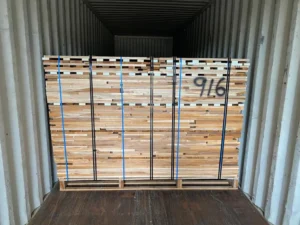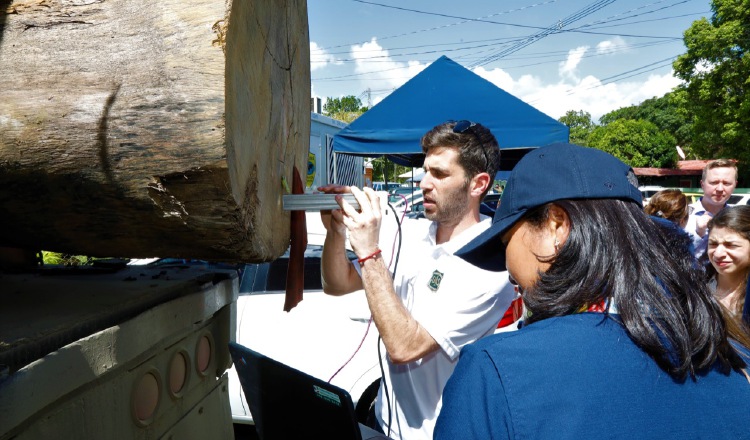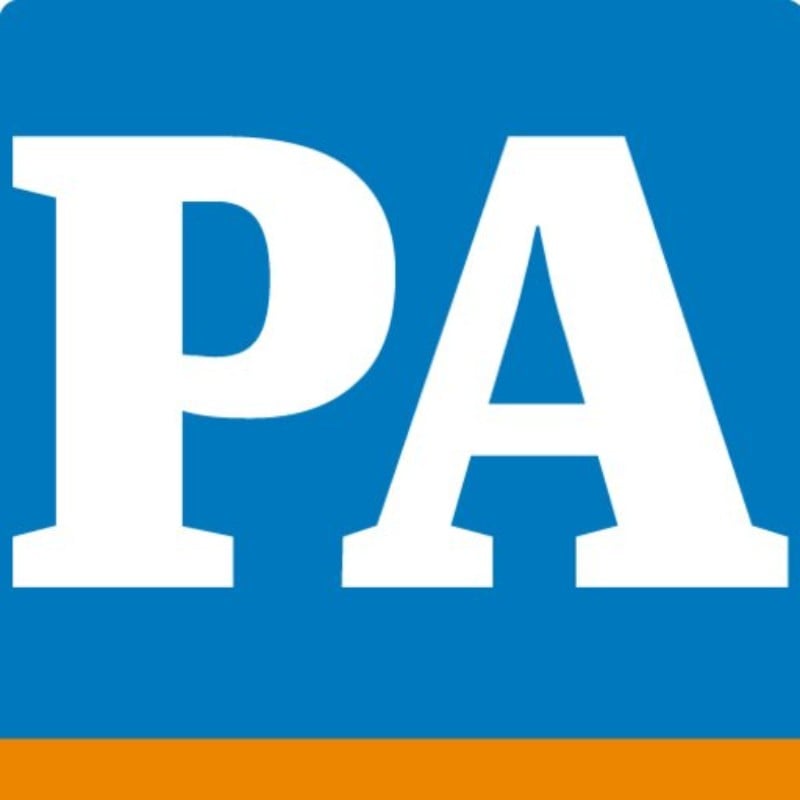
- June 30, 2024
- 10:23 am
Miriam Lasso /miriam.lasso@epasa.com / @mlasso12

More than 110,000 hectares of forest out of the more than 200,000 hectares in the Darien and East Panama are granted for forest harvesting, which indicates that 20% are under forest control, with some 350 to 850 hectares harvested in a year.
Well-sustained forest harvesting does not generate deforestation, explained Álvaro Castillo, of the Ministry of Environment's Forestry Directorate. It is an economic activity, established and regulated by forestry legislation, which generates benefits for both the communities and the environment, said the expert.
Tracking the processing chain of timber tuca from the time it leaves the forest until it reaches an industry, workshop or supply yard has reduced the trafficking and illegal use of timber through oversight and transparency, he said.
This traceability process is based on a technological component that includes a web application that registers users and manages field, transport and supply data, an Android application for census, tree identification and monitoring. It also has NFC and QR code to identify trees and logs. and control of trees. It also has NFC and QR code to identify trees and logs.
The traceability system has allowed for more transparent and less burdensome work, empowering the forestry regent as the person responsible for compliance with legal norms, said Castillo.
The forestry regent, a forestry engineer certified by the National Technical Council of Agriculture, is responsible for 60% of the compliance of the forest inventory, as well as guaranteeing the chain of compliance in the forest harvesting process, said the expert.
He is also responsible to the authorities and the community for ensuring that forest harvesting activities are carried out in accordance with the legal norms.
110
thousand hectares of forests in East Panama and Darien are granted for forest harvesting.
350
to 850 hectares are harvested annually, according to the management plan.
Forest monitoring is concentrated in the eastern part of the country, in the Emberá Wounnan, Wargandí, Guna de Madungandí and Chepo regions, although authorities do not rule out expanding it.
The system was initially developed with a financial contribution from the International Tropical Timber Organization and the World Wildlife Fund (WWF), while the communities invest $0.50 to $0.75 in the purchase of the devices, some of which are already made in Panama. Likewise, maintenance comes out of the Ministry of Environment's operating funds.
Castillo reiterated that the whole process is supported by Resolution N° DM-0068 - 2018 by which the Environmental Traceability System is established and modifies Resolution JD-05 98 regulating Law 1 (Forestry Law) of 1994.
The positive impact of this system, which consists of two modalities, submerged forests and timber and managed plantations and natural regeneration, has reduced environmental crime; however, they recognize that illegal activity persists on a very small scale.
Illegal activity occurs at all levels of the industry; however, with the traceability system and agreements with security agencies, it has decreased significantly, which gives companies and communities peace of mind.
Among the most common cases of illegal harvesting are balsam species in Darién and the Emberá Wounnan comarca, many of which are detected on the road.
Illegal harvesting of cocobolo is also occurring in Soberanía National Park and Camino de Cruces, while in other provinces, cedar, oak and corotu species are being illegally harvested.
Generally, these crimes are committed by small groups of two to three people who do not move more than one cubic meter, which corresponds to 12 to 15 pieces of a tree, explained Castillo.
As of last May, the Public Prosecutor's Office registered a total of 15 reports of logging or destruction of trees or shrubs in special areas.

About us
Panamá Teak is a registered trademark dedicated to the marketing and sale of forest products crafted from 100% FSC® certified tectona grandis teak, naturally grown and commercially cultivated in the Republic of Panama.


